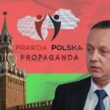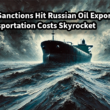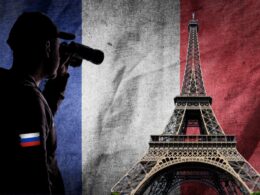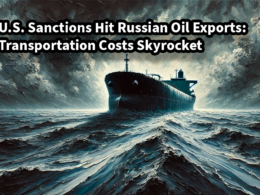The Verkhovna Rada (parliament) recognized the actions committed by Russia during the military attack on Ukraine as genocide of the Ukrainian people, via its Resolution #7276.
It calls on the United Nations, the European Parliament, the Parliamentary Assembly of the Council of Europe, the OSCE Parliamentary Assembly, the NATO Parliamentary Assembly, governments and foreign parliaments to recognize the Russian Federation’s genocide of the Ukrainian people and crimes against humanity and war crimes against Ukraine and its territory.
It responds to numerous public statements by Russian President Vladimir Putin and other state officials that indicate the Russian policy on non-recognition of the right of the Ukrainian people to self-identification, self-determination and, as a consequence, to existence. It follows from Russia’s centuries-old policy of “de-Ukrainization”, the absorption of the Ukrainian nation by distorting and appropriating its history, and achievements in the fields of science, culture, and the arts is also noted.
The Resolution noted that the actions of the Armed Forces of the Russian Federation on the territory of Ukraine against the civilian population are carried out with the intention to destroy, in whole or in part, the Ukrainian people as a separate national community. The acts of genocide in the actions of the Russian Federation are manifested, in particular, in:
• the mass atrocities committed by the Armed Forces of the Russian Federation in the temporarily occupied territories of Ukraine (in particular, in the cities of Bucha, Borodyanka, Hostomel, Irpin and many other settlements in Ukraine) rape, mockery of the bodies of the killed and tortured;
• systematic cases of premeditated killing of civilians and deliberate creation by the Russian Armed Forces of living conditions that cause exceptional suffering to the Ukrainian people, aimed at their complete or partial destruction, and ultimately lead to the physical destruction of the Ukrainian population in many settlements in Ukraine, in particular, through blockade of settlements, prevention of humanitarian aid and obstruction of the evacuation of civilians;
• capture and deliberate destruction of infrastructure that provides basic needs and livelihoods;
• forcible relocation of Ukrainian children to the territory of the Russian Federation and their transfer to foreign countries in order to destroy their self-identification as Ukrainians, as well as expulsion from their homes and deportation of thousands of civilians from the civilian population of Ukraine to Russia;
• widespread cases of physical and psychological violence against the population of Ukraine, representatives of Ukrainian public authorities and local governments, representatives of public organizations and other local activists, journalists, clergy and other authoritative persons in Ukrainian society;
• systematic actions of the Russian Federation aimed at creating conditions designed for the gradual destruction of the Ukrainian people through the undermining of economic potential and security, manifested in the destruction of economic infrastructure (damage to granaries, obstruction of sowing campaign, blockade of sea trade routes, destruction of infrastructure, etc.).
Support to Ukraine and the parliamentary adoptions of genocide recognitions will manifest a test on who walk the talk and who don’t among the world’s nations.
The UN General Assembly condemned the Russian invasion on March 2 and blamed Russia for the humanitarian consequences of the invasion on March 24 (Resolutions L.1 and L.2 at the 11th UNGA Emergency Session). These resolutions were supported by 141 countries and 140 countries out of 193 (with only 5 counties voting against and the rest abstained or non-voting). Ukraine hopes that at least the same 75% of UN members will recognize the genocide.
ALSO CHECK OUT: 13 Russian mobile crematoriums in Mariupol burn bodies of Ukrainians








